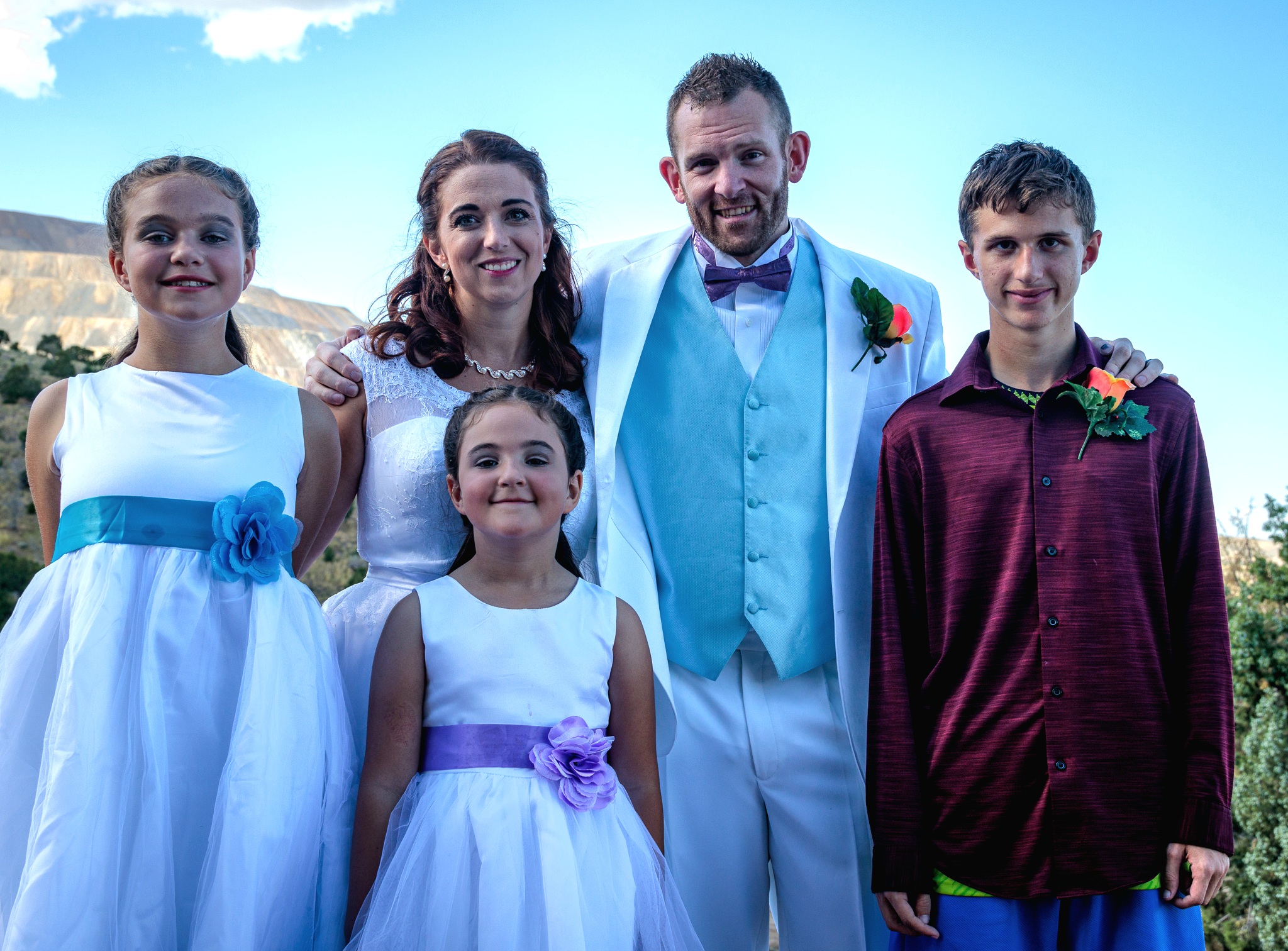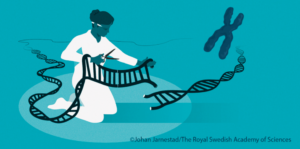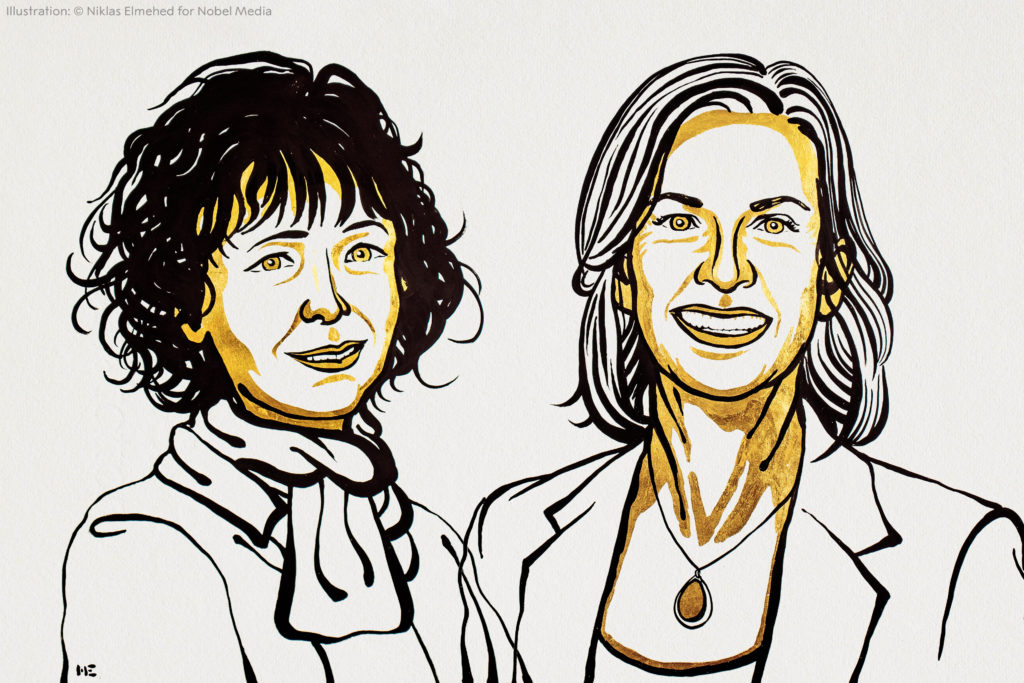
Amanda hopes her cancer journey is a positive example for her kids
April 22, 2024
This is a guest post by Amanda Reitz, a mother of three children who were 13, 9, and 5 years…
Read More

The 2020 Nobel Prize in Chemistry was awarded last week to two researchers for developing a technique – akin to “genetic scissors” – that lets scientists precisely snip pieces of DNA wherever they want to.
Dr. Emmanuelle Charpentier of the Max Planck Unit for the Science of Pathogens in Berlin, Germany and Dr. Jennifer A. Doudna of the University of California, Berkeley were awarded the Nobel for their discovery of the CRISPR/Cas9 genome editing system.
Often simply called CRISPR, this system is fast, easy, economical, scalable, and precise – far superior to the gene editing techniques that came before it.
CRISPR has wide-ranging impacts across multiple fields, including heritable conditions like sickle cell disease, and it is already being applied in cancer.
“CRISPR technology will impact cancer care in several important ways”
Dr. W. Kimryn Rathmell, KCA Medical Steering Committee Member
“CRISPR technology will impact cancer care in several important ways,” said Dr. W. Kimryn Rathmell, chair of the Department of Medicine in the Vanderbilt University School of Medicine in Nashville, Tennessee and a member of the KCA’s Medical Steering Committee.
“First, it allows us to study genes in their native space in the chromosome in a way that is easy and efficient. Second, we can apply these genetic changes in large numbers, even covering the entire genome, as a way to reveal unique genetic influences on biological readouts. Third, we can apply this gene editing directly to cells. Each of these applications of CRISPR gene editing has potential to directly inform therapeutic strategies. The uses of this technology for discovery as well as for direct manipulation of genes is already leading a revolution in cancer research that will unavoidably change the way we diagnose and treat a wide range of cancers.”
In cancer, CRISPR is powerful when combined with CAR-T cell therapy, a process that involves removing immune cells called T cells from a person, modifying them using CRISPR to boost their response to cancer cells, and placing the engineered T cells back into the same person’s body. Another potential use for CRISPR is to remove known tumor-related gene alterations or aberrations to better understand how kidney cancers develop. In kidney cancer, these might include changes in the SETD2 gene or the von Hippel-Lindau (VHL) gene.
Speaking during the European Society for Medical Oncology conference in 2019, Dr. Sumanta Pal, an RCC expert at City of Hope Comprehensive Cancer Center in Duarte, California, said: “I myself have been working with CRISPR and the development of CD70 allogeneic CAR-T cell. We discussed that last year at the Kidney Cancer Association meeting for the first time and we’re approaching a time point where we might ultimately see studies based on that technology evolve, which is very exciting.”
According to a press release from The Royal Swedish Academy of Sciences, “[CRISPR] has contributed to many important discoveries in basic research… In medicine, clinical trials of new cancer therapies are underway, and the dream of being able to cure inherited diseases is about to come true. These genetic scissors have taken the life sciences into a new epoch and, in many ways, are bringing the greatest benefit to humankind.”
“It is phenomenal to see this award given to Drs. Doudna and Charpentier, who earned this award for executing a bold vision when they discovered the CRISPR/Cas9 gene editing mechanism, and recognized it’s value to human science,” Rathmell said. “I am inspired by their determination and delighted that the selection committee chose this year to recognize their major contribution to science.”
2 thoughts on “Nobel-winning CRISPR technology is already demystifying cancer”
Is this technology available to patients with clear cell RCC stage 4. Metastasis to rib?
Can you let me know if you find out? I am stage4 ccRCC and mets to bone (rib) also. Thank you. My email is [email protected]